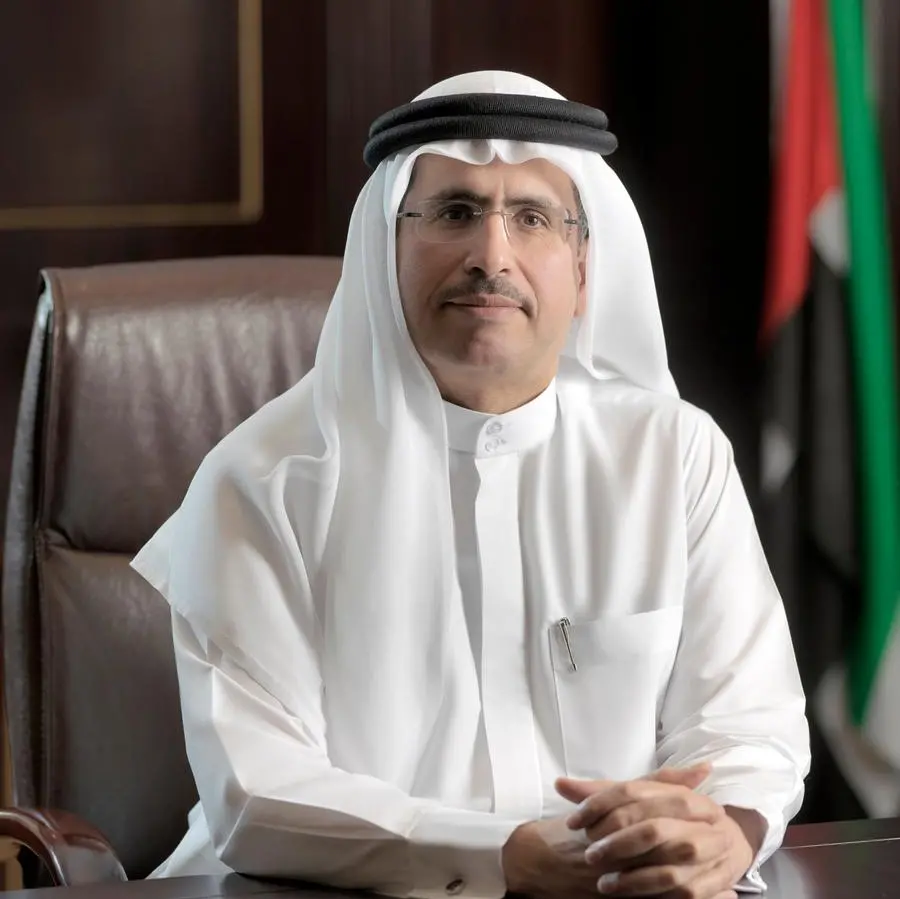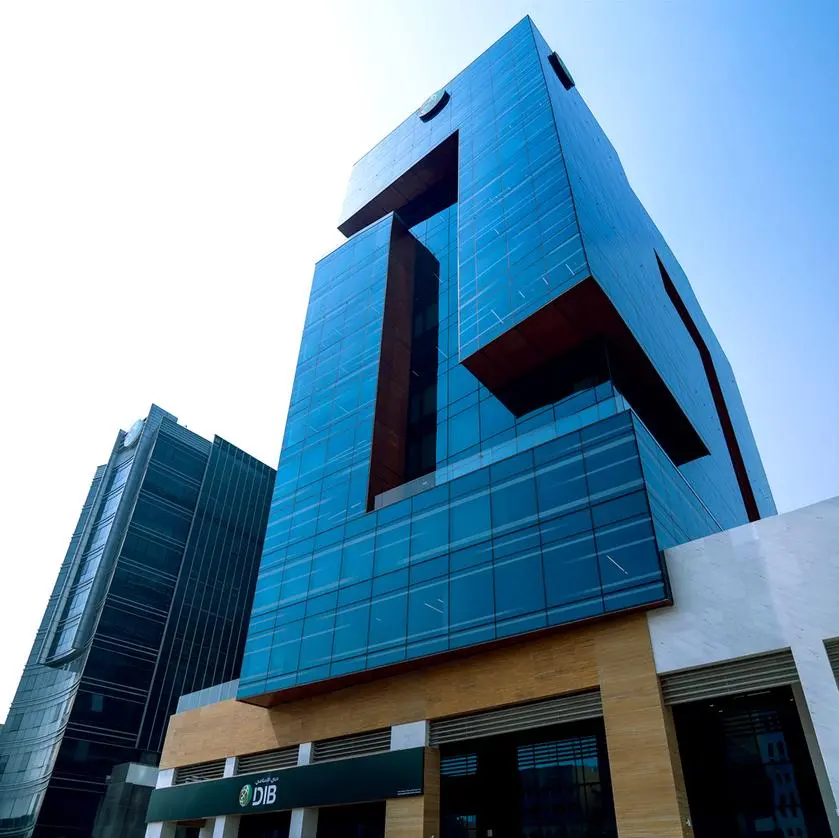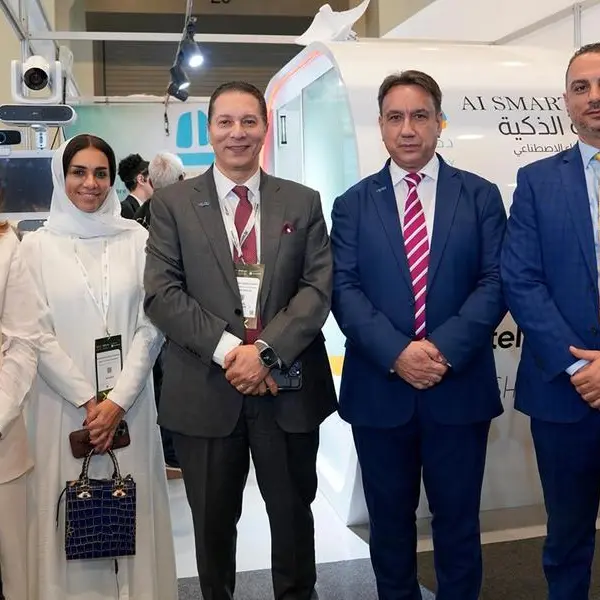Abu Dhabi: The Arab Youth Council for Climate Change, affiliated with the Arab Youth Centre, organised the sixth roundtable discussion titled "Higher Education Institutions as Sustainability Catalysts" at the Mohammed Bin Rashid School of Government in Dubai. The discussion was organised as part of the ongoing "Financing Our Sustainable Future" Roundtable Series, attracting participants from higher education institutions and universities across the Arab countries.
The session was held in collaboration with HSBC, the Posterity Institute, and the COP28 Universities Climate Network with the participation of 14 universities in the UAE, Saudi Arabia, Egypt, Lebanon, and Qatar. The goal was to engage them in global trends and activate the role of educational institutions in adopting sustainability concepts and environmentally friendly policies.
The roundtable discussed how higher education institutions can engage Arab youth towards a regional future rooted in sustainability, effective climate action, and successful integration into green economic growth. It evaluated the key obstacles hindering active youth participation in sustainability, explored strategies for seamless integration of sustainability into knowledge and capacity building, identified best practices in the field, and explored collaboration between different educational institutions.
During the session, higher education institutions demonstrated significant potential in building a culture of sustainability among students on and off campus. However, they emphasised that despite gaining momentum in sustainability, they still faced multiple challenges, including a requirement for institutional support, a lack of awareness among various stakeholders, a lack of incentives and opportunities across the regional sustainability landscape, and fragmented efforts that hinder cohesion between institutions aiming to proliferate sustainability among Arab youth.
Participants highlighted the role of regional higher education institutions in leveraging the growing awareness of sustainability among Arab youth by initiating programs, raising awareness, offering courses that focus on sustainability, integrating sustainable education into various disciplines, and encouraging research for clean technology and sustainable facilities within campuses.
Participants then accentuated the importance of involving youth in sustainability matters, providing them with the necessary skills and knowledge to achieve a green future, and empowering them to support climate change initiatives.



















